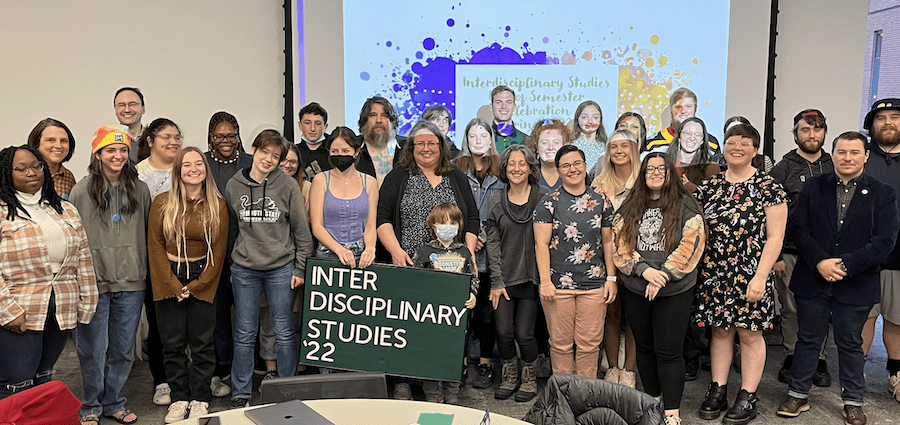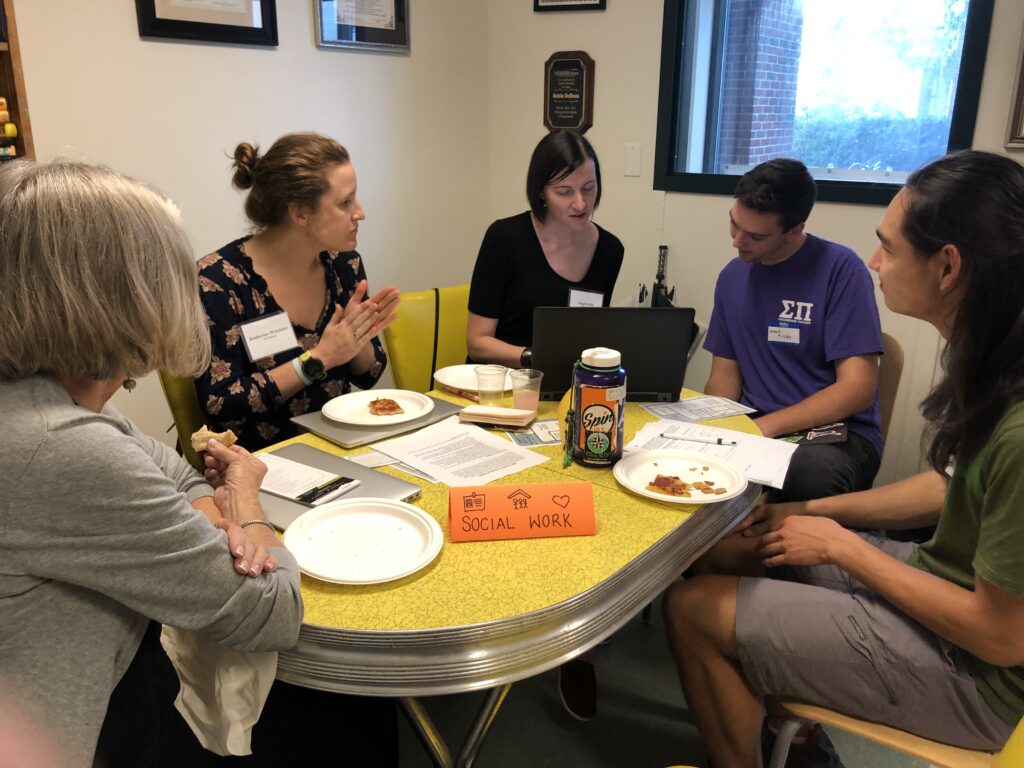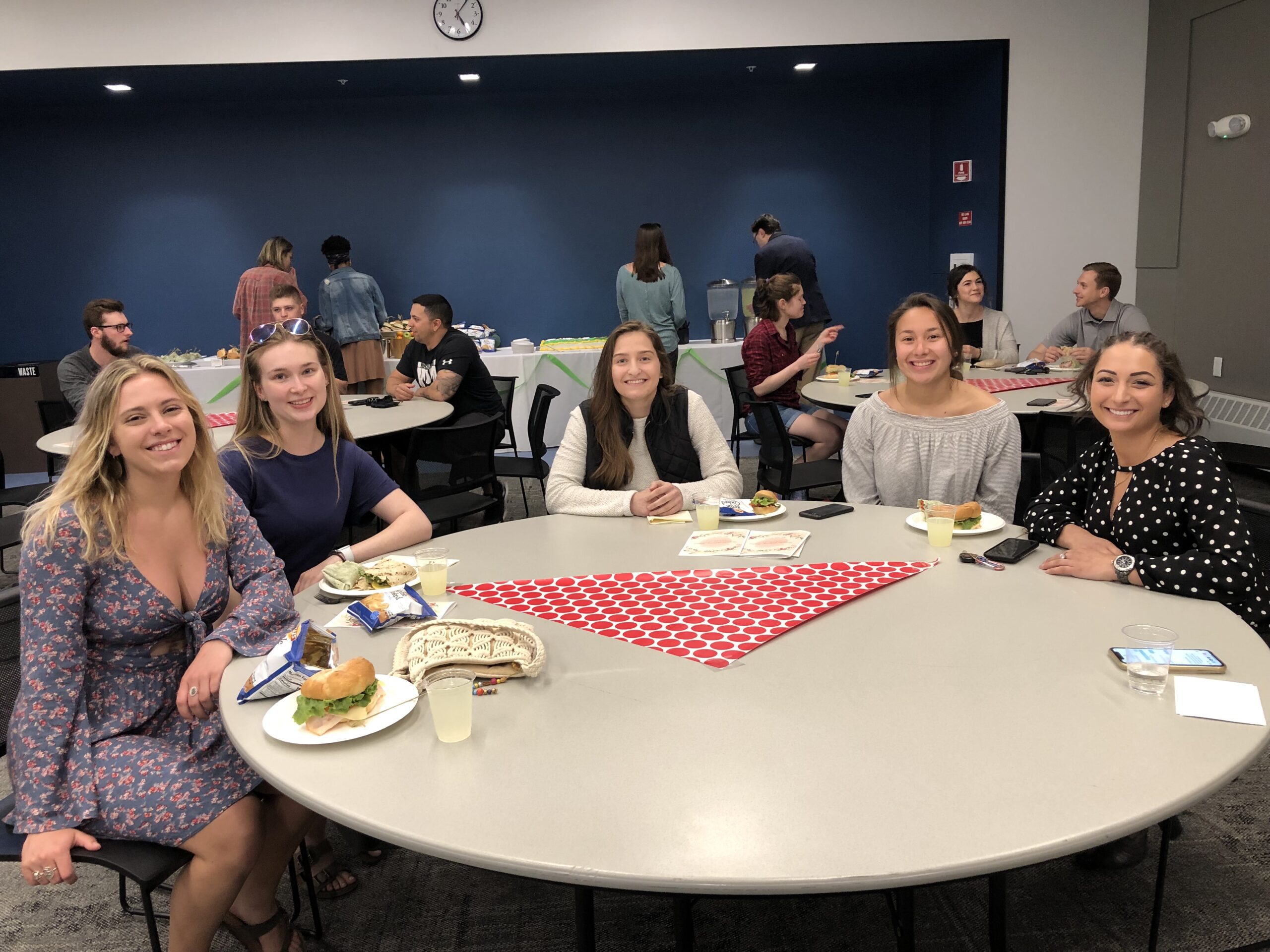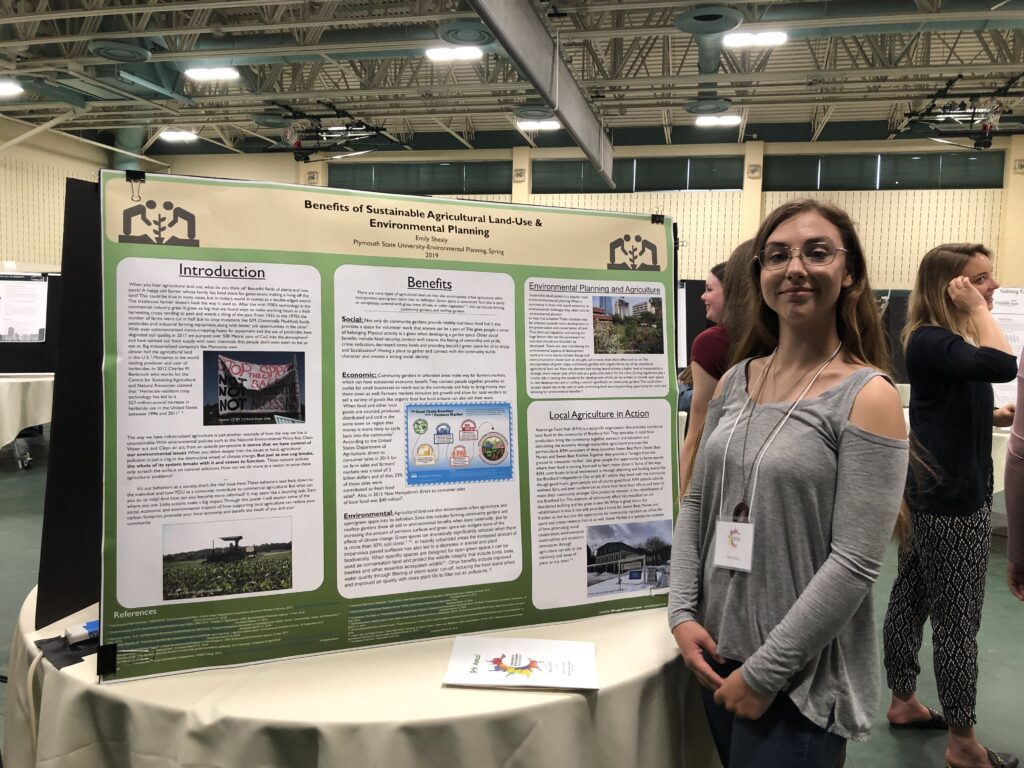Build your own major.
You have all the tools you need: intellectual curiosity, imagination, energy and passion. Using these building blocks, you can design a customized program of study that combines several of your academic interests and moves you toward a successful and fulfilling future career.
IDS is a great choice for all sorts of students: first-year students with a creative idea for a major, or upperclassmen looking to make a change in path before graduation; transfer students and those returning to college after many years away who want to combine their existing credits with new directions; and anyone who prefers to study off the beaten path.
We look forward to working with you, and welcoming you to our group of motivated and creative scholars! Reach out to psu-ids@plymouth.edu if you are interested in joining the program!
 Plymouth State’s Interdisciplinary Studies program is one of fewer than 50 university programs nation-wide to be a supporting member of the Association for Interdisciplinary Studies. We are proud of our reputation as one of the leading undergraduate interdisciplinary programs in the Northeast. Every year since 2015, BestColleges.com has named Plymouth State as one of the top universities in the country for Interdisciplinary Studies. Our program is fueled by connected learning and open pedagogy; you will use technologies to build networks with your scholarly and professional communities of practice, and you will design your own web space where you can publish your work and invite collaborators to engage with your ideas.
Plymouth State’s Interdisciplinary Studies program is one of fewer than 50 university programs nation-wide to be a supporting member of the Association for Interdisciplinary Studies. We are proud of our reputation as one of the leading undergraduate interdisciplinary programs in the Northeast. Every year since 2015, BestColleges.com has named Plymouth State as one of the top universities in the country for Interdisciplinary Studies. Our program is fueled by connected learning and open pedagogy; you will use technologies to build networks with your scholarly and professional communities of practice, and you will design your own web space where you can publish your work and invite collaborators to engage with your ideas.
 The mission of the Interdisciplinary Studies program is to bridge historically separate disciplines and to enable students to engage the methodologies, theories, and applications of interdisciplinarity. Interdisciplinary Studies encourages pedagogical and curricular innovation in higher education. Students in our program are empowered to address complex issues as citizens of their community, nation, and planet. They are inspired to think more broadly, contextually, and systemically; encouraged to seek out diverse perspectives; and supported as they engage in integrated thinking.
The mission of the Interdisciplinary Studies program is to bridge historically separate disciplines and to enable students to engage the methodologies, theories, and applications of interdisciplinarity. Interdisciplinary Studies encourages pedagogical and curricular innovation in higher education. Students in our program are empowered to address complex issues as citizens of their community, nation, and planet. They are inspired to think more broadly, contextually, and systemically; encouraged to seek out diverse perspectives; and supported as they engage in integrated thinking.
 Minimum credits necessary to graduate from PSU: 120
Minimum credits necessary to graduate from PSU: 120
Minimum credits for IDS major: 51
Three required courses (8 credits total)
- IP 2000: Foundations of Interdisciplinary Studies (2 credits)
- IP 2500: Cluster Learning Springboard (2 credits)
- IP 4500: IDS Senior Seminar (4 credits) (TECO, WRCO)
Other requirements
- All courses must cohere around a title
- 50% of credits must be upper-level (3000 or higher)
- QRCO and Math Foundations must be separate courses
- Directions courses must be separate from the major
- Up to 2 courses may be shared between the major and a minor
 Students will be able to:
Students will be able to:
- Reflect and articulate how the integration of multidisciplinary approaches to knowledge and critical thinking impacts their understanding of what it means to haven an interdisciplinary studies degree.
- Reflect and articulate how the integration of multidisciplinary approaches to knowledge and critical thinking contributes meaningfully to their particular interdisciplinary studies degree.
- Articulate the issues that currently shape the field of Interdisciplinary Studies, and be able to offer their own critical opinions on the theories and debates which shape their contours.
- Reflect on how their interdisciplinary course of study can and/or will impact their post-Plymouth life as well as society.
- Articulate how their own program of study contributes to their understanding of what it means to be educated.
- Craft a well-written and well-designed multimedia article that works to engage their academic knowledge with a public audience of readers, and will have a functional ePort (or equivalent) for use in future educational and career endeavors.
- Engage by building a personal learning network.
- Create a comprehensive thesis project that integrates their coursework, synthesizes the major themes and issues raised through the various courses they have taken, and draws conclusions related to their focus.
- Consider things we can’t possibly imagine yet, and share new, unexpected, and original ideas into the knowledge commons.



